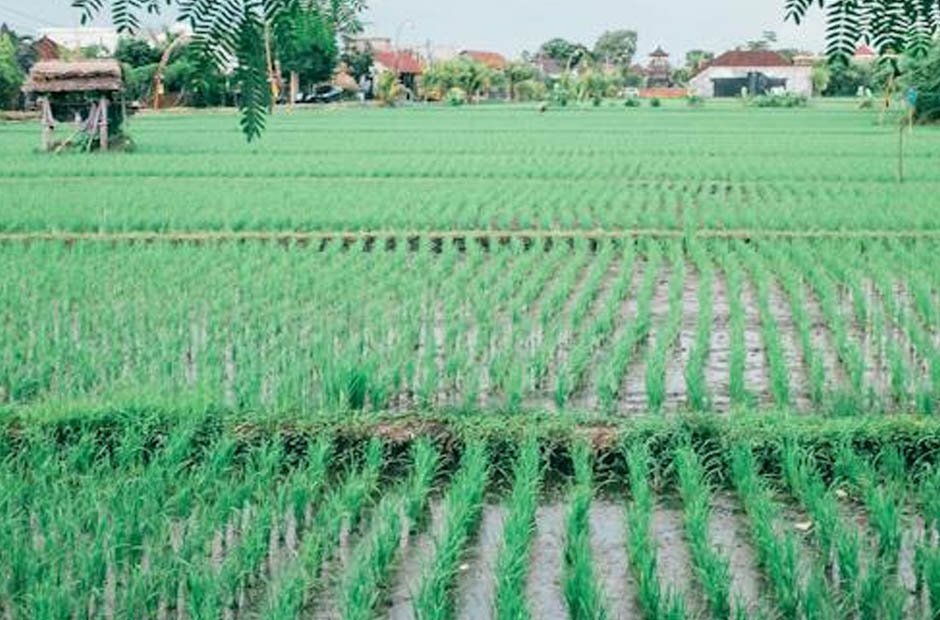Author: Jemma Pringle
Innovative solutions are essential in today’s world, where environmental sustainability and water conservation are paramount concerns. One such solution making waves in water management is the smart irrigation system. These systems, leveraging cutting-edge technology, are revolutionizing how water is utilized in agriculture and landscaping. By optimizing water usage, smart irrigation systems conserve this precious resource, enhance crop yields, and save money.
Table of Contents
Precise Water Management with Moisture Sensors
Traditional irrigation methods, such as water waste and overwatering, often lead to inefficiencies. Smart irrigation systems address these issues head-on by incorporating advanced soil moisture sensors. These sensors are strategically placed in the soil at various depths, allowing the system to monitor moisture levels accurately.
By gathering real-time data on soil moisture, the system can adjust watering schedules dynamically, delivering precise amounts of water based on the specific needs of plants. This targeted approach prevents overwatering, promotes healthier root development, and minimizes water waste, ultimately leading to more sustainable agricultural practices.
Dynamic Adjustments with Weather-Based Watering
Another key feature of smart irrigation is adapting watering schedules based on weather. By integrating real-time weather data, including temperature and precipitation forecasts, these systems can decide when and how much to water based on temperatures.
For instance, if rain is in the forecast, the system can automatically adjust its watering schedule to skip irrigation, avoiding unnecessary water usage. Conversely, during hot and dry weather, the system can increase watering frequency to ensure plants receive adequate moisture. This dynamic adjustment conserves water and optimizes plant health.
Convenience and Control with Remote Monitoring
One of the most significant advantages of smart irrigation systems is their remote monitoring and control capabilities. Many modern systems are equipped with smartphone apps or web-based interfaces that allow users to monitor and manage their irrigation systems from anywhere with an internet connection.
This remote control functionality provides users unparalleled convenience and flexibility, enabling them to adjust watering schedules, monitor soil moisture levels, and receive real-time alerts about system status. Whether it’s a farmer remotely managing crops in the field or a homeowner adjusting sprinklers in the backyard, remote monitoring empowers users to make informed decisions about water usage and conservation, all from the palm of their hand.
Benefits Beyond Water Conservation
The benefits of smart irrigation systems extend far beyond water conservation.
By optimizing water usage and promoting healthier plant growth, these systems can lead to increased crop yields and higher-quality produce. For farmers, this translates into higher profits and greater sustainability in the long run. Similarly, homeowners can enjoy lusher lawns and more vibrant gardens while reducing their water bills and environmental footprint.
Smart irrigation systems can also contribute to soil health by preventing erosion and reducing nutrient runoff, further enhancing agricultural sustainability and ecosystem resilience.
Addressing the Global Water Crisis
In a world grappling with the challenges of water scarcity and climate change, smart irrigation systems offer hope. By promoting sustainable water management practices and minimizing water waste, these systems play a crucial role in addressing the global water crisis.
In regions with limited water resources, such as arid and drought-prone areas, smart irrigation systems can help alleviate pressure on water supplies and preserve freshwater ecosystems. Moreover, by reducing reliance on traditional irrigation methods that contribute to water waste and environmental degradation, smart irrigation systems pave the way for a resilient future.
Opportunities in the Irrigation Franchise Sector
The growing demand for water-efficient technologies presents lucrative opportunities in the irrigation franchise sector. Entrepreneurs and investors keen on making a positive impact while also turning a profit are increasingly turning to smart irrigation businesses.
By investing in the irrigation sector by opening your own franchise ensures that individuals tap into a rapidly expanding market and offer innovative water management solutions to agricultural and residential customers. Whether installing smart systems on farmland or designing water-efficient landscapes for homeowners, smart irrigation is at the forefront of sustainable water practices, driving positive change in communities and ecosystems worldwide.
Conclusion
By leveraging technology to optimize water usage, these systems offer a sustainable and efficient approach to water management in agriculture and landscaping. From precision watering based on real-time data to remote monitoring and control capabilities, smart irrigation systems are revolutionizing how we manage water resources, shaping a more resilient and water-secure future for future generations.
